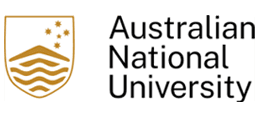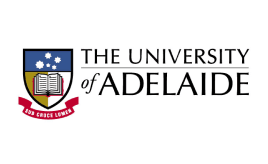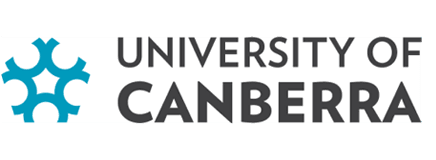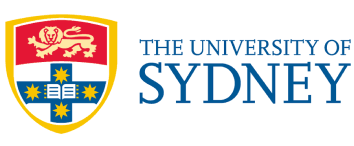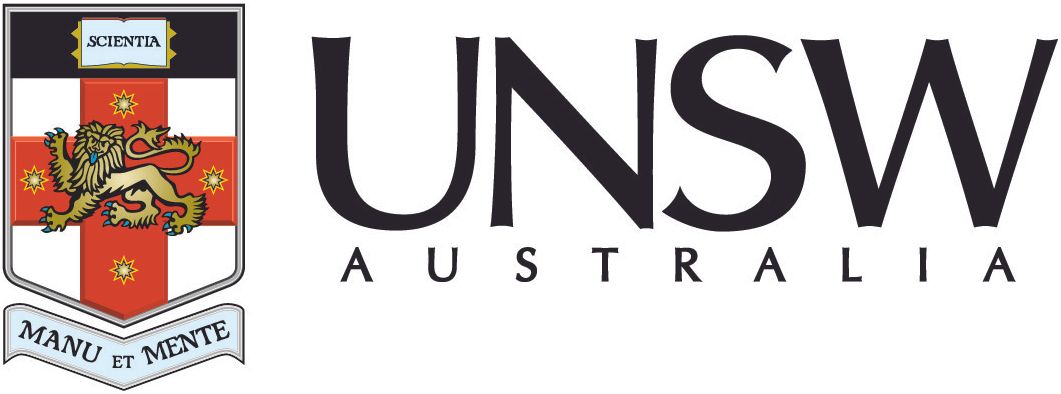‘Nature-negative’ – the federal government subsidies harming biodiversity

Image: CHURIG/iStock
Media Release
7 October 2024
The Australian Government spends around 50 times more on subsidising activities that harm the environment than it spends on helping biodiversity each year, according to a report released by Biodiversity Council the today.
The report is a first-pass assessment of subsidies, such as payment or tax credits, that the Australian Government gives to activities that are potentially likely to harm biodiversity, such as native forest logging and fossil fuel projects.
The assessment found that around 4% of the federal budget goes to subsidising activities that are likely to have a medium to high adverse impact on biodiversity; a total of $26.3 billion per year.
Well-intended government subsidies can have unintended negative and costly impacts on the environment, including by encouraging activities that drive the loss of biodiversity. It is a well recognised problem globally.
In response, 196 countries including Australia have agreed to identify and phase out subsidies for activities that may harm biodiversity as part of 23 commitments agreed to under the Kunming-Montreal Global Biodiversity Framework (GBF).
Biodiversity Council Director James Trezise said, ”We have been deeply concerned by the apparent lack of action by the Australian Government to identify and eliminate subsidies that harm nature since the Australian Government signed the GBF in 2022.
“That is why we undertook this first pass assessment to identify subsidies that are likely to be having an adverse impact on nature.
“The total monetary value of Australian Government subsidies that we identified as likely to have a medium to high adverse impact on biodiversity is $26.3 billion per year, based on 2022-23 figures.
“That is 50 times larger than the approximately $475 million per year that the Australian Government invests in biodiversity, such as on threatened species recovery, feral animal control and work to reduce pollution to the Great Barrier Reef.
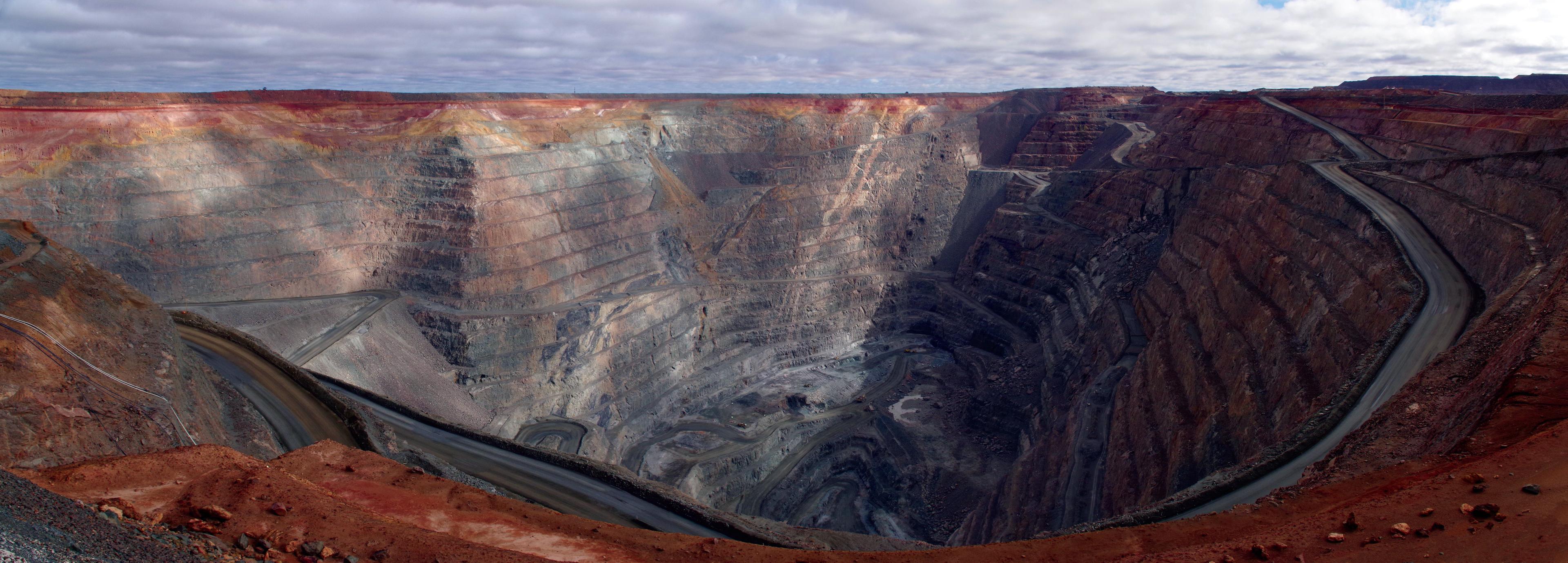
The Australian Government has made an international commitment to phase out government subsidies for activities that are likely to be destructive to biodiversity such as mining. Image: Alexey V Kurochkin CC BY-SA 4.0 Wikimedia Commons
“While our findings are preliminary, they provide a robust first assessment that indicates the vast scale of the problem.
“It also presents a massive opportunity. Removing these subsidies will benefit nature and save billions of tax-payer dollars each year, some of which could be reallocated to new conservation investments.
“We urge the Australian Government to urgently work to clearly map out and phase out the subsidies that are most harmful to nature.
“Last week the Australian Government released Australia's National Biodiversity Strategy and Action Plan (NBSAP) and GBF Target 18 — the identification and elimination of biodiversity harmful subsidies — was completely left out.
“As a signatory to the Global Biodiversity Framework Australia is required to meet all of the framework’s targets.
“Identifying and eliminating biodiversity harmful subsidies is very important to Australia’s long-term sustainability. Biodiversity loss poses a threat to the livability of Australia, to our health, food production, economy and way of life,” Mr Trezise said.

PhD candidate Paul Elton at The Australian National University led the review to identify government subsidies that are likely to harm biodiversity either directly or indirectly.
“Subsidies that directly harm nature include those that encourage increased activities that involve the clearing or degradation of habitat for native plants and animals such as mining, agriculture, native forest logging, and road construction.
“Subsidies can also harm nature indirectly, including those that encourage fossil fuel use, which exacerbates climate change impacts on nature – such as more marine heat waves, coral bleaching, and extreme fire weather.
“These include Petroleum Resources Rent Tax concessions, subsidies for fossil fuel project infrastructure, and the Fuel Tax Credit scheme.
"With our poor track record of extinctions and nature loss, and as one of only two wealthy and megadiverse nations, Australia should be world leading in making a major contribution to the global goal to reduce subsidies by at least US$500 billion per annum.
“To undertake this research we used a best practice method recommended by the Organisation for Economic Cooperation and Development (OECD), involving scoping, screening, data gathering, and assessment,” Mr Elton said.
The Biodiversity Council was founded by 11 Australian universities and draws together experts from environmental science, Indigenous knowledge, economics, law, and social science to promote evidence-based solutions to Australia’s nature loss crisis.
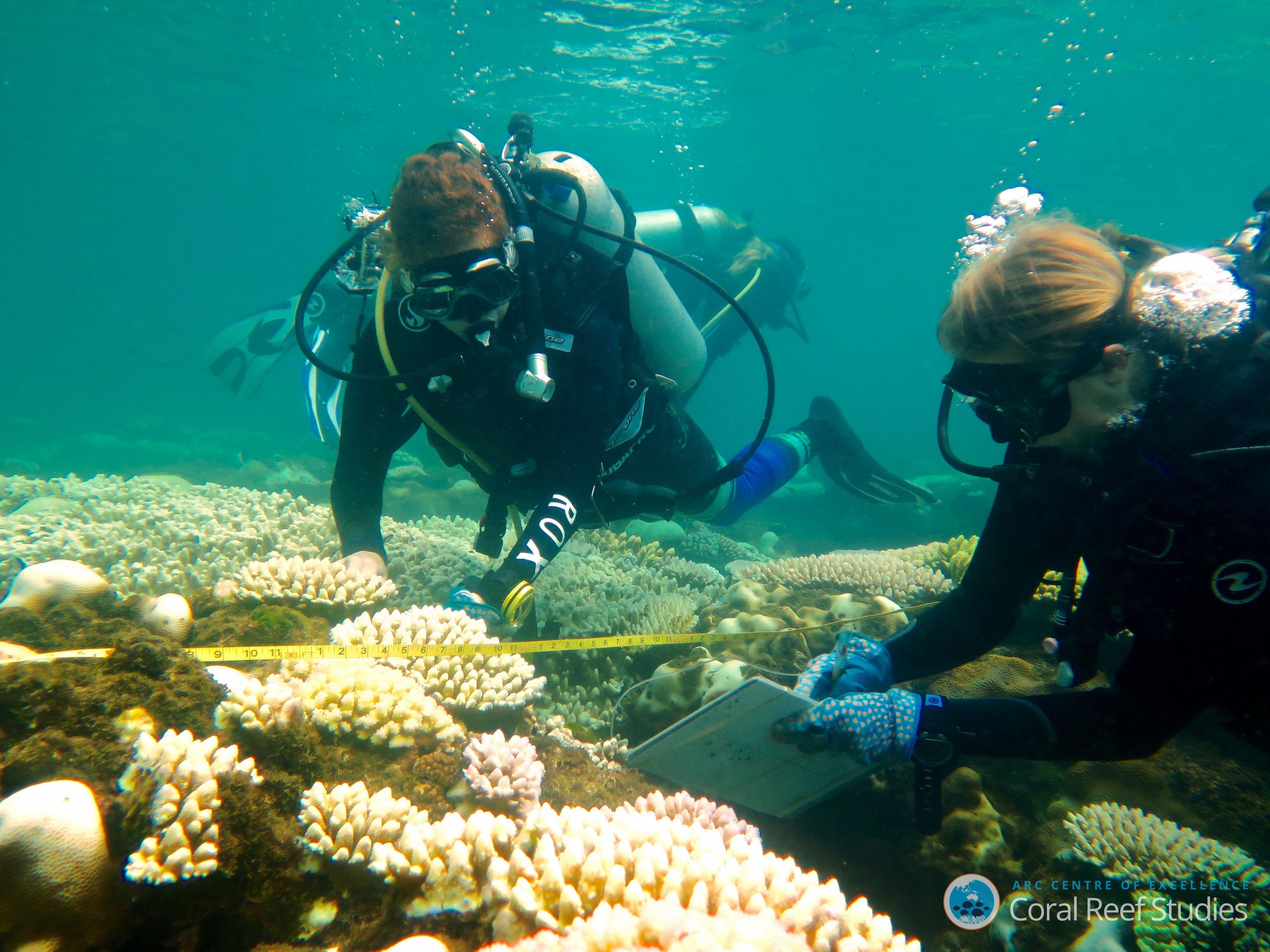
The Australian Government spends 50 times more tax-payer dollars on activities that harm the environment than it does on activities to care for nature, like feral animal control and threatened species recovery. Subsidies that increase fossil fuel use exacerbate climate change which is highly destructive to the Great Barrier Reef. Image: Tory Chase, ARC CoE for Coral Reef Studies CC BY ND 2.0




